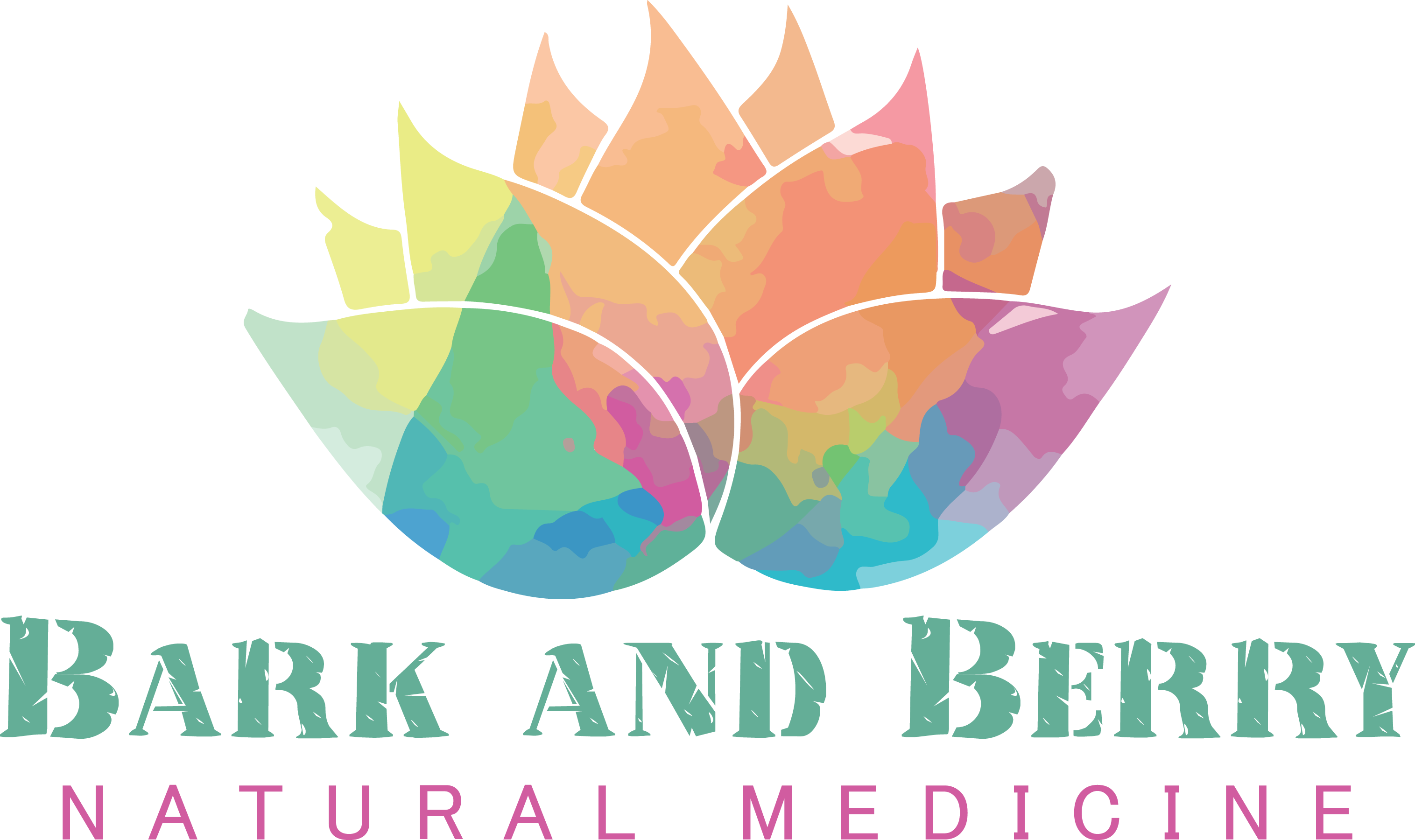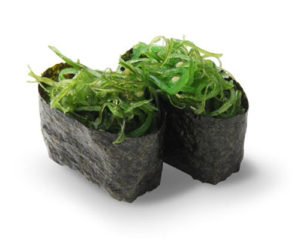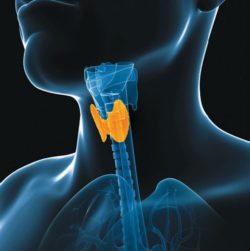
Hot Flushes in Menopause or Peri-menopause
Do you get hot flushes or night sweats? In Australia around 80% of women experience hot flushes and night sweats during menopause or perimenopause. Menopause is a time of hormonal change, and it may be freeing in some ways, no more period! However, it can be uncomfortable and problematic for some.
What is going on? The ovaries start to enter retirement and there is a reduction in oestrogen and progesterone production. It seems the low oestrogen may affect several neurons (including the number and function of glutamatergic and GABAergic neurons) leading to imbalances in the preoptic area of the hypothalamus (our thermostat in the centre of the brain) thus causing a hot flush1.
How can hot flushes be reduced or prevented?
- Avoid triggers such as: caffeine, alcohol, aspartame, spicy food and cigarette smoke
- Stay hydrated
- Be active, a higher BMI (weight) can increase symptoms
- Avoid over heating rooms in winter & wear clothing that breathes (natural fibres)
- Manage stress – acknowledge it and have a calming plan for mind-body balance! Make time for you.
- Maintain good vitamin D levels, as low vitamin D could make the symptoms worse
- Avoid endocrine disruptors as these can mimic hormones and cause significant problems in our system. I have an article on this here http://barkandberry.com.au/2020/08/08/endocrine-disrupting-chemicals-our-health/
- Wise interventions, check in with your health care team and see what is on offer!
Can natural therapies reduce hot flushes or night sweats in menopause?
Well, the answer is yes – just use wisdom. Menopause symptoms can be influenced by hormones, your liver, pancreas, gut health and so many other factors. Holistic health care – whole body support is what I consider as wise treatment. There are several interventions I might use in clinic. This is a snippet:
SAGE
Sage (Salvia officinalis) has been traditionally used to treat sweating and menopausal hot flushes, and as a general tonic. Research has found with fresh sage leaves daily for 4 weeks there was a 50% reduction in the intensity of the hot flushes2.
* Always check natural medicines with your health care professional to see if it is appropriate for you.
VITAMIN E
Vitamin E components are phytoestrogens. I use mostly tocotrienols in clinic as they seem to be better absorbed. Vitamin E has shown it may reduce hot flushes for menopausal women and may support vaginal changes also3. It may even enhance the benefits of phytoestrogens when used together and provide a synergistic result.
FOOD: Very few foods offer significant relief, but let’s look at the ones that do:
SOY
Soy (consider non-GMO or organic) taken over time may significantly reduce the number of hot flashes, excessive sweating, and other menopause symptoms4. However how well we can break down soy in our gut is paramount when it comes to benefit. This may be genetic, however I would want to see good gut health a focus also. Soy can also support bone health.
LINSEED/FLAXSEED
Multiple benefits with flaxseeds including reduced hot flushes and cancer prevention qualities. A study with postmenopausal women consuming 5g a day for 12 weeks significantly decreased the menopausal symptoms including hot flushes5. I recommend linseeds are ground fresh and kept in a glass jar in the fridge. Eating them whole doesn’t work – they will leave the body whole and not be digested!
Talk to your practitioner about your hormones. As an integrative Naturopath, I also work with GPs and specialists as needed, for the benefit of all clients. All Naturopathic treatments are checked for interactions, so if you are taking medications that is fine. If you would like a Naturopathic consultation to provide you with an individually constructed treatment plan see the website for online bookings www.barkandberry.com.au or you are welcome to contact us should you have further inquiries or wish to make a booking at Bark and Berry Natural Medicine.
By Nadia Peach N.D.
References:



